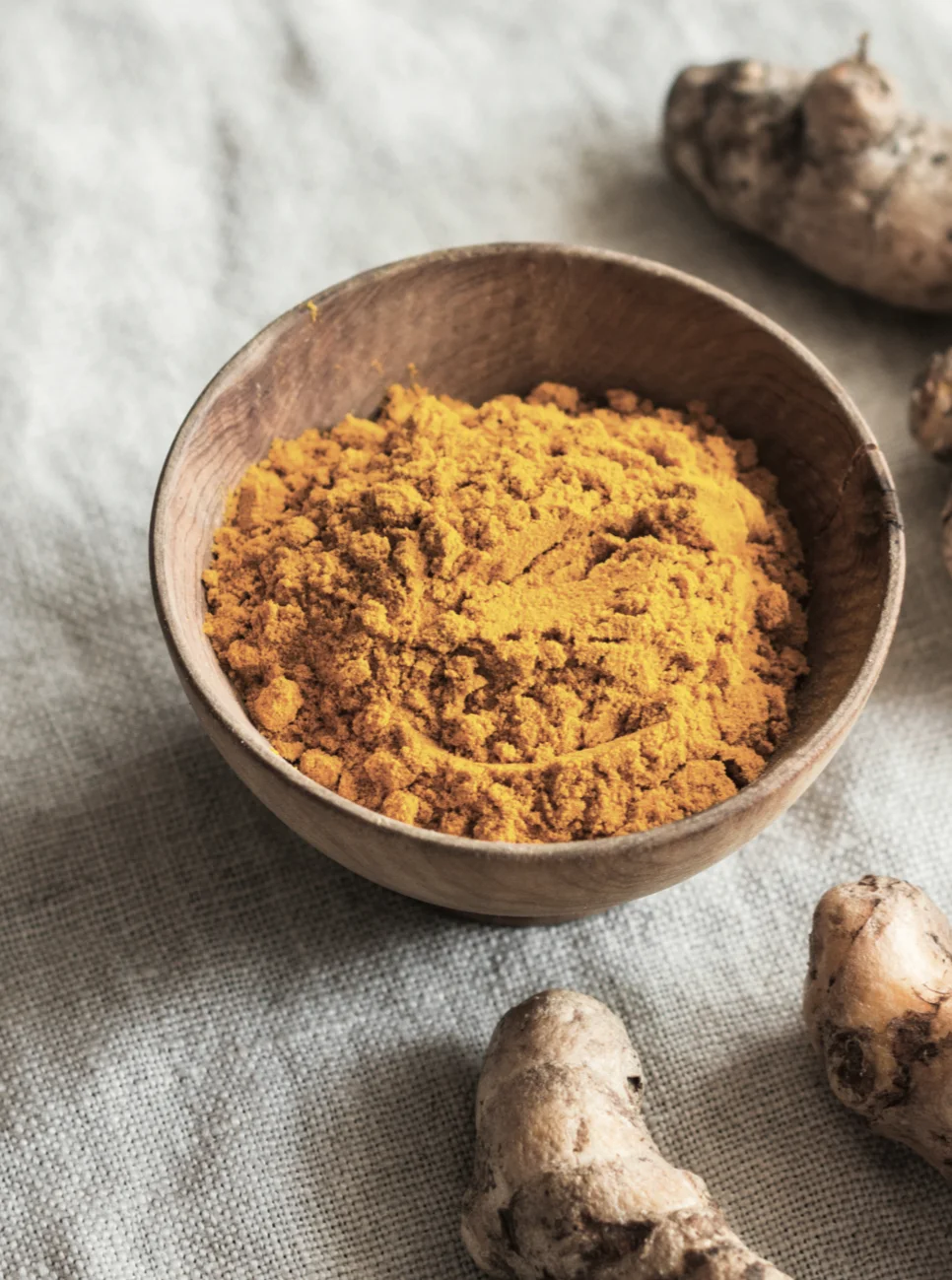Curcumin - Part V: Alzheimer’s Disease?
The first four parts of this series discussed the over 4000 scientific studies indicating benefits of curcumin against a range of diseases1,2 including skin disease, arthritis, heart disease, diabetes, liver disease, cancer, infection and what may be the final frontier - neurodegenerative diseases such as Alzheimer’s disease and Parkinson’s disease.
A Huge Challenge
Alzheimer’s disease represents a staggering economic and social burden with dramatic increases in prevalence over the last decades - at least in certain parts of the world. There are currently 5 million cases of Alzheimer’s diagnosed in the US as of 2018 and based on current rates of increase, this is expected to almost triple by 2050 to 14 million cases. The current estimated annual healthcare costs for Alzheimer’s disease is 277 billion dollars in the United States3 and 800 billion Euros in Europe4. Of course on a personal level, the toll is an incalculable, but massive burden.
Billions of dollars have also been spent on drug research in this area but sadly, although the drugs currently available may temporarily improve memory, they do not affect the course of the disease. These drugs are also frequently associated with a number of troubling side effects.5
A tremendous amount of excitement has therefore been generated by a number of pre-clinical studies that indicate that curcumin is not only neuroprotective (may prevent Alzheimer’s disease) but that it may be able to reverse biochemical markers associated with the disease and at least partially reverse its course. A limited number of human studies have been carried out but mostly with forms of curcumin that don’t actually cross the blood brain barrier (BBB). Some of the newer improved curcumin formulations have been shown to cross the BBB and accumulate in brain cells with promising potential. This is discussed below.
What is Alzheimer’s Disease
Alzheimer’s disease is a neurodegenerative illness that is characterised by early onset, progressive short term memory loss and general cognitive decline. There is progressive destruction of neurons (brain cells) affecting specific parts of the brain. Alzheimer’s disease eventually affects ability to recognize even close relatives and perform basic daily functions.
Alzheimer’s Disease Changes May Develop Early in Life
It is well known that Alzheimer’s disease is associated with a significantly increased number of protein aggregates called amyloid plaques and tau tangles in the brain. It was initially thought that these plaques and tangles were the toxic insult that causes Alzheimer’s disease. However it is now thought that these changes are the end result rather than the cause of the disease process.5,6 It is the soluble precursors to these plaques and tangles that cause damage to the neurons and the decline in brain function. Ominously, a 2011 study at the University of Ulm, Germany found these soluble precursors in 90% of young adults under the age of 30.7
Curcumin May Prevent and Treat Alzheimer’s Disease
Very encouraging results have been obtained in a number of animal studies used to model Alzheimer’s disease. These studies show that a newer, more highly bioavailable form of curcumin that crosses the BBB, called Longvida™, could reverse many of the brain changes and damage associated with Alzheimer’s disease AND improve memory deficits in the affected animals.8-10
LongvidaTM was also tested in healthy middle aged human subjects and was found to reduce plasma levels of beta amyloid plaque in those treated compared to those that received placebo (inactive capsules).
In 2015 an even better formulation of curcumin - CurQfen™ was introduced. This new formulation has significantly exceeded Longvida in terms of the amount of active free curcumin present in the blood stream and cells including the brain. As a result there is tremendous anticipation regarding its potential to treat Alzheimer’s disease along with its many other proven health benefits.
References
Aggarwal B and Harikumar K. Potential therapeutic effects of curcumin, the anti-inflammatory agent, against neurodegenerative, cardiovascular, pulmonary, metabolic, autoimmune and neoplastic diseases. The International Journal of Biochemistry and Cell Biology. Volume 41, Issue 1 January 2009. Pages 40-59.
Kunnumakkara AB et al. Curcumin, the golden nutraceutical: multitargeting for multiple chronic diseases. Br J Pharmacol. 2017 Jun;174(11):1325-1348. doi: 10.1111/bph.13621. Epub 2016 Oct 21.
Alzheimer’s Association Fact and Figures: https://www.alz.org/alzheimers-dementia/facts-figures
Gustavsson A, Svensson M, Jacobi F, Allgulander C, Alonso J, Beghi E, Dodel R, Ekman M, Faravelli C, Fratiglioni L, Gannon B, Jones DH, Jennum P, Jordanova A, Jönsson L, Karampampa K, Knapp M, Kobelt G, Kurth T, Lieb R, Linde M, Ljungcrantz C, Maercker A, Melin B, Moscarelli M, Musayev A, Norwood F, Preisig M, Pugliatti M, Rehm J, Salvador-Carulla L, Schlehofer B, Simon R, Steinhausen HC, Stovner LJ, Vallat JM, Van den Bergh P, van Os J, Vos P, Xu W, Wittchen HU, Jönsson B, Olesen J, CDBE2010Study Group. Cost of disorders of the brain in Europe 2010. Eur Neuropsychopharmacol. 2011 Oct; 21(10):718-79.
Monroy A, Lithgow GJ, Alavez S. Curcumin and neurodegenerative diseases. BioFactors (Oxford, England). 2013;39(1):122-132. doi:10.1002/biof.1063.
Alzheimer’s Association Brain Tour: https://www.alz.org/alzheimers-dementia/what-is-alzheimers/brain_tour
Braak and Del Tredici. The pathological process underlying Alzheimer's disease in individuals under thirty. Acta Neuropathology. 2011
Frautschy SA, Hu W, Kim P, Miller SA, Chu T, Harris-White ME, Cole GM. Phenolic anti inflammatory antioxidant reversal of Abeta-induced cognitive deficits and neuropathology. Neurobiology of aging. 2001;22:993‒1005.
Lim GP, Chu T, Yang F, Beech W, Frautschy SA, Cole GM. The curry spice curcumin reduces oxidative damage and amyloid pathology in an Alzheimer transgenic mouse. J Neurosci. 2001 Nov 1; 21(21):8370-7.
Begum AN, Jones MR, Lim GP, Morihara T, Kim P, Heath DD, Rock CL, Pruitt MA, Yang F, Hudspeth B, Hu S, Faull KF, Teter B, Cole GM, Frautschy SA. Curcumin structure-function, bioavailability, and efficacy in models of neuroinflammation and Alzheimer's disease. J Pharmacol Exp Ther. 2008 Jul; 326(1):196-208.








